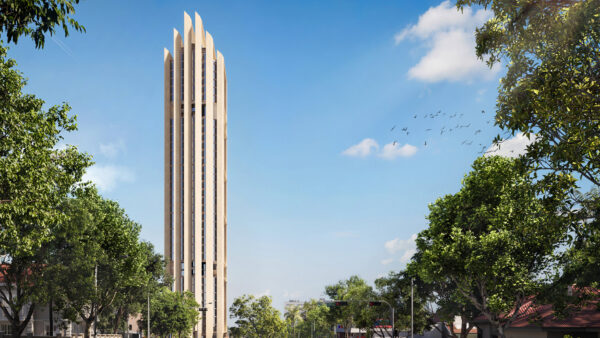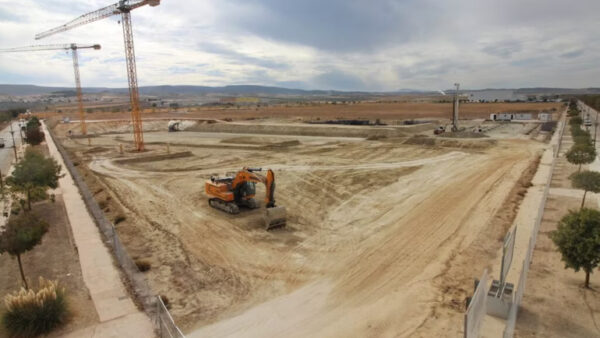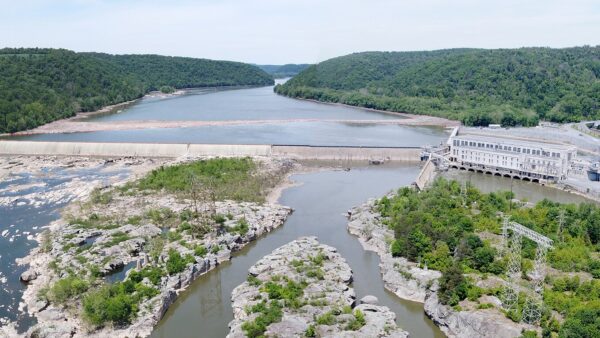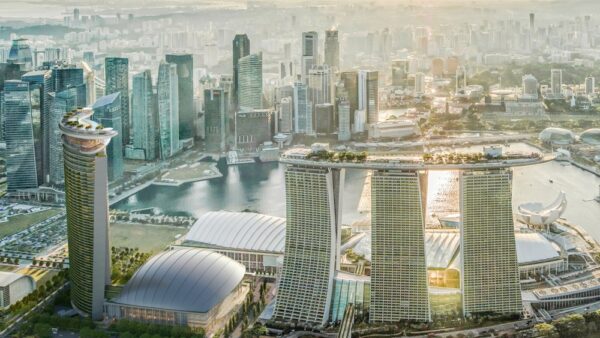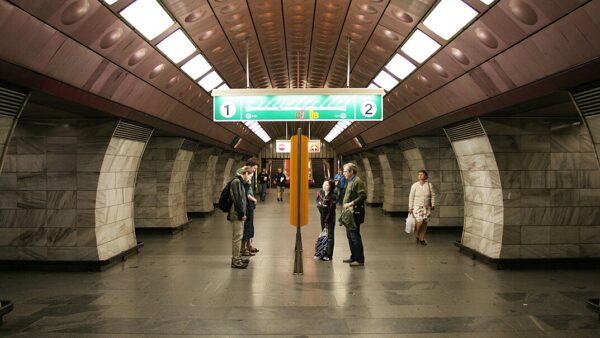Workers’ rights bodies are celebrating a “major step” forward for exploited construction workers in Qatar following a landmark agreement signed this week between an international federation of unions, a major Qatari developer, and French construction giant Vinci.
Involving developer QDVC and the Building and Wood Workers’ International (BWI) federation, the agreement commits the parties to eliminate recruitment fees for migrant workers and also to let workers keep their passports – two areas that left workers open to extortion by middlemen and control by employers.
While not benefitting all workers in Qatar, the agreement obligates QDVC, a developer of major commercial and infrastructure schemes, to meet international standards in worker welfare and treatment.
BWI says it is the first of its kind in Qatar between a union federation and a Qatari company, and adherence to it will be monitored by BWI.
This agreement is unique of its kind because it is concrete and fully operational with specific commitments on various topics related to workers’ rights, safety and welfare– Franck Mougin, Vinci’s human resources director
Workers must also now be informed in writing of their employment rights in their language, including rights to safe and healthy work practices, and will be protected from reprisals when they complain about conditions, the agreement says.
Despite repeated exposures, Qatar has faced severe criticism over the years for turning a blind eye to the abuse of its migrant workforce, many of whom come from south Asia, who are building out infrastructure, buildings and facilities for the 2022 World Cup.
A report in April found that despite promises to reform made by the Qatari government, many workers were still being exploited by recruitment agencies, punished for complaining, and turned fugitive by the illegal retention of passports under what Amnesty International called Qatar’s “repressive sponsorship system”.
The environment of persistent abuse and control has led to many deaths on construction sites, with the International Trade Union Confederation warning in 2015 that 7,000 workers would die before the first ball is kicked in the World Cup unless there is total reform.
Applying to all workers employed by QDVC in Qatar, the agreement also covers due diligence with sub-contractors, and prescribes an extensive system of reporting, inspection and auditing under the authority of a reference group composed of representatives of the three parties.
The signing of the agreement this week in Geneva, at the headquarters of the International Labour Organisation, followed three years of discussions between BWI, a global federation of unions, Vinci and QDVC, which is a joint venture between Qatari Diar Real Estate Investments and Vinci Construction Grands Projets.
“This agreement with QDVC and Vinci, which complements and builds on our productive cooperation with the Steering Committee on Delivery and Legacy, is a major step towards the full respect of workers’ rights in Qatar,” said BWI General Secretary Ambet Yuson.
He added: “As the text of the agreement indicates, it is ‘founded on the shared belief that all construction workers should be treated with dignity, and live and work in decent and safe conditions’.”
Vinci’s human resources director Franck Mougin praised BWI’s involvement.
“This agreement is unique of its kind because it is concrete and fully operational with specific commitments on various topics related to workers’ rights, safety and welfare,” he said. “It is the concrete result of Vinci and QDVC past commitments on these topics with BWI as a key, major and reliable partner and should serve as an example for the construction industry.”
Headquartered in Geneva, BWI groups together around 334 trade unions representing around 12 million members in 130 countries.
Among QDVC’s projects are the Lusail Light Railway Transit System, the Red Line of the Doha Metro, and the New Orbital Highway.
Image: Migrant workers in Doha, Qatar (Markus Kettler/Dreamstime)
Further Reading:


